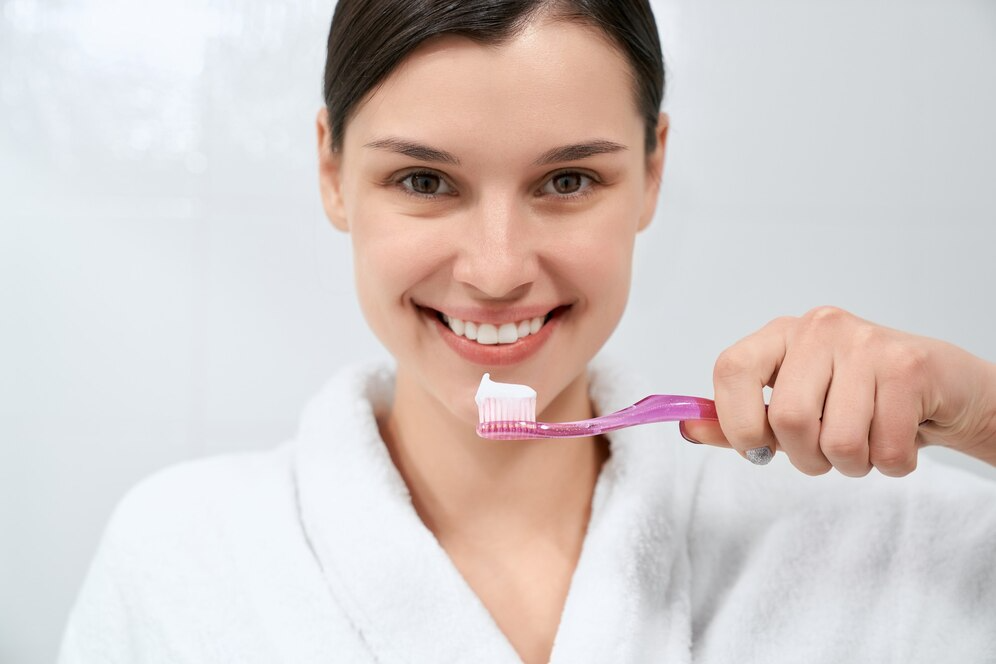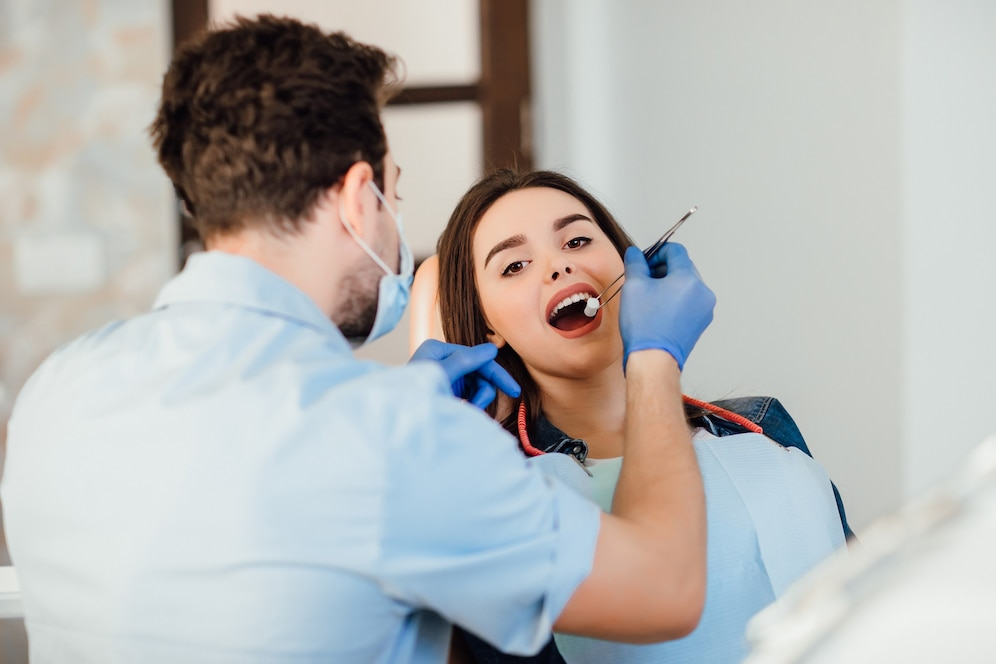Comprehensive Oral Health Care: A Gateway To Overall Well-Being
Table of Contents
Oral health care plays a pivotal role in maintaining overall well-being, yet it is often overlooked or underestimated in its significance. The health of the mouth is interconnected with the health of the entire body, and neglecting oral care can lead to a myriad of health issues.
This article explores the various aspects of oral health care, its importance, and practical tips to maintain a healthy and vibrant smile.
The Interconnectedness of Oral and General Health
The mouth serves as the entry point for food and the starting point of digestion. Consequently, the health of the oral cavity has far-reaching effects on the entire body.
Poor oral health has been linked to various systemic conditions, including cardiovascular diseases, diabetes, respiratory issues, and adverse pregnancy outcomes. Bacteria present in the mouth can enter the bloodstream, causing inflammation and potentially affecting other organs.
Preventive Measures: The Foundation of Oral Health
Prevention is the cornerstone of oral health care. Establishing good oral hygiene habits early in life can significantly reduce the risk of dental problems.
Key preventive measures include regular brushing, flossing, and routine dental check-ups.
Dentists recommend brushing teeth at least twice a day with fluoride toothpaste to remove plaque—a sticky film of bacteria that forms on teeth. Flossing helps clean between teeth and along the gumline, areas that a toothbrush might miss.
Regular Dental Check-ups: The Importance of Professional Care
Routine dental check-ups are crucial for maintaining optimal oral health. A dentist can detect issues such as cavities, gum disease, and oral cancers in their early stages when they are more manageable.
Professional cleanings, typically recommended every six months, remove stubborn plaque and tartar that brushing and flossing alone cannot eliminate.
Diet and Nutrition: Supporting Oral Health from Within
A balanced diet is not only essential for overall health but also crucial for maintaining strong teeth and gums. Calcium, found in dairy products, leafy greens, and nuts, is vital for tooth enamel. Phosphorous, present in fish, eggs, and lean meat, supports tooth structure.
Vitamins A and C contribute to healthy gums and the prevention of gum disease. Limiting the intake of sugary and acidic foods and beverages is also essential in preventing tooth decay.
The Impact of Lifestyle Choices
Smoking and excessive alcohol consumption have detrimental effects on oral health. Smoking increases the risk of gum disease, tooth loss, and oral cancer.
Alcohol, especially when consumed in excess, can contribute to dry mouth, a condition that reduces saliva production and increases the risk of cavities.
Maintaining Oral Health at Every Stage of Life
Oral health care needs change throughout life, and tailored approaches are necessary for different age groups. Children require special attention to ensure proper development of their teeth and jaws.
Adolescents may need guidance on oral hygiene during orthodontic treatment.
Adults face challenges such as gum disease and tooth decay, while older individuals may contend with issues like dry mouth and tooth loss.
The Role of Technology in Modern Oral Care
Advancements in technology have transformed the field of dentistry, providing innovative solutions for diagnosis, treatment, and preventive care.
Digital imaging, laser therapy, and computer-aided design and manufacturing (CAD/CAM) technology have enhanced the precision and efficiency of dental procedures.
Tele-dentistry has also emerged, allowing patients to consult with dentists remotely, expanding access to oral health care.
Conclusion
Oral health care is a fundamental component of overall well-being, with profound implications for systemic health. Adopting good oral hygiene practices, seeking regular professional care, maintaining a balanced diet, and making healthy lifestyle choices are integral to preserving a healthy smile.
By understanding the interconnectedness of oral and general health, individuals can empower themselves to take proactive measures for a lifetime of optimal oral well-being.


